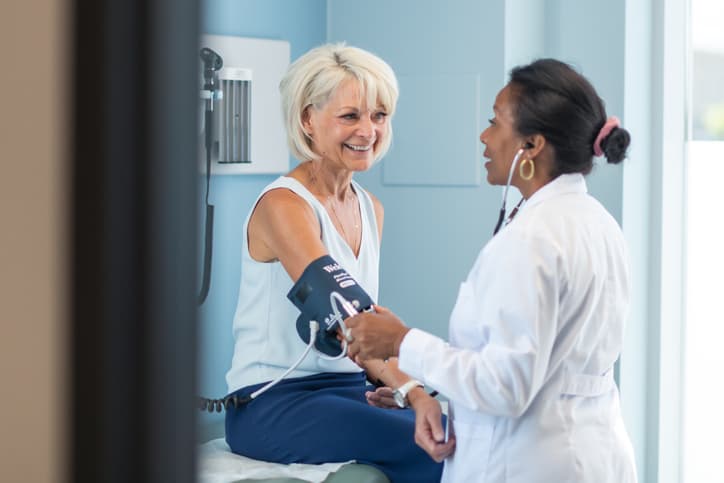 Scientists have known for decades about the link between the human papillomavirus (HPV) and cervical cancer. They’ve also known for years that oral infection with the virus can also cause cancers of the head and neck.However, most people who get oral HPV don’t get cancer. Your body usually fights the virus before you even know you have it. But head and neck cancers are on the rise, and scientists say oral HPV may be the cause.The good news? You can take basic steps to prevent infection and protect yourself.
Scientists have known for decades about the link between the human papillomavirus (HPV) and cervical cancer. They’ve also known for years that oral infection with the virus can also cause cancers of the head and neck.However, most people who get oral HPV don’t get cancer. Your body usually fights the virus before you even know you have it. But head and neck cancers are on the rise, and scientists say oral HPV may be the cause.The good news? You can take basic steps to prevent infection and protect yourself.
How Does Oral HPV Spread?
Scientists are still learning how oral HPV spreads. Only a few studies have looked into how people get infected. Many doctors suspect it’s passed on through oral sex, but no one can say for sure. It’s also uncertain if you can get the virus from deep “French” kissing. But it is clear that you can’t get oral HPV from casual contacts, like kissing on the cheek or sharing a drink with an infected person.
You may never know you have HPV. The virus doesn’t cause symptoms, and most of the time, your immune system clears the infection from your body within 2 years. But in some cases, after many years, the virus can lead to cancer of the head or neck.
How Does Oral HPV Cause Head and Neck Cancer?
More than 40 types of HPV can infect people, but only a few cause cancer. One of the types that cause most cervical cancers, called HPV16, is also linked with most HPV-related head and neck cancers.
When HPV infects cells, it causes them to physically change. If your immune system can’t fight the infection, those changes can lead to tumours. They usually develop in the throat, near the tonsils, at the back of the roof of the mouth, or at the base of the tongue.
Vaccines
Vaccines for women and men can prevent an infection from the HPV strains that cause cervical cancer. Can they also protect against oral infection and head and neck cancer?
Possibly. Scientists made the available vaccines, Gardasil and Cervarix, to prevent cervical cancer. They haven’t yet tested them to see if they work against throat or other head and neck cancers. But since the vaccines work by preventing an HPV infection, many doctors think it’s likely they can prevent any kind of cancer caused by the strains of the virus that are included in the vaccine.
How to Lower Your Risk
Scientists need to do more research before they can recommend a surefire way to prevent oral HPV. But it’s always a good idea to practice safe sex.
It may also help to strengthen your body’s immune system, so it can fight infections like oral HPV. Make these healthy habits part of your daily life, and tell your doctor if you need help getting started:
- Eat a healthy diet rich in fruits, vegetables, and whole grains.
- Exercise regularly.
- Get plenty of sleep.
- Don’t smoke.
